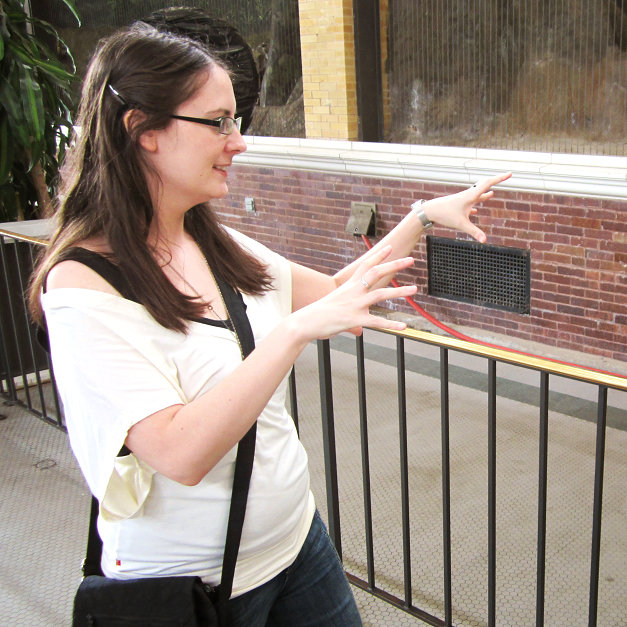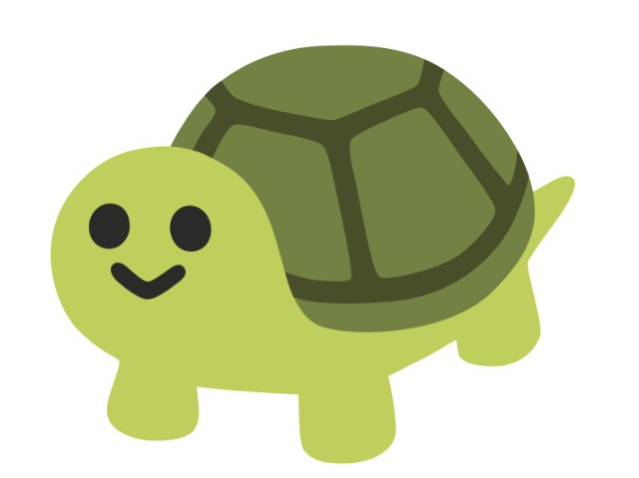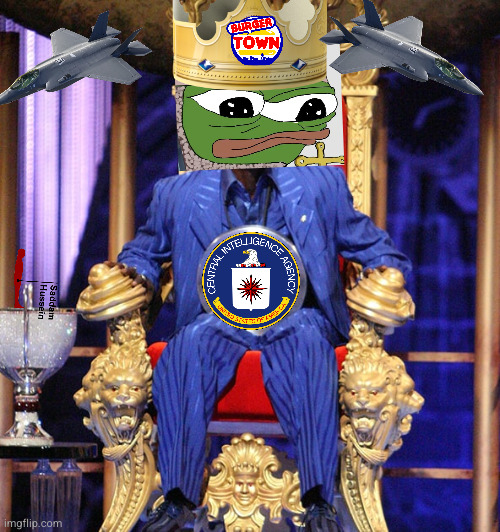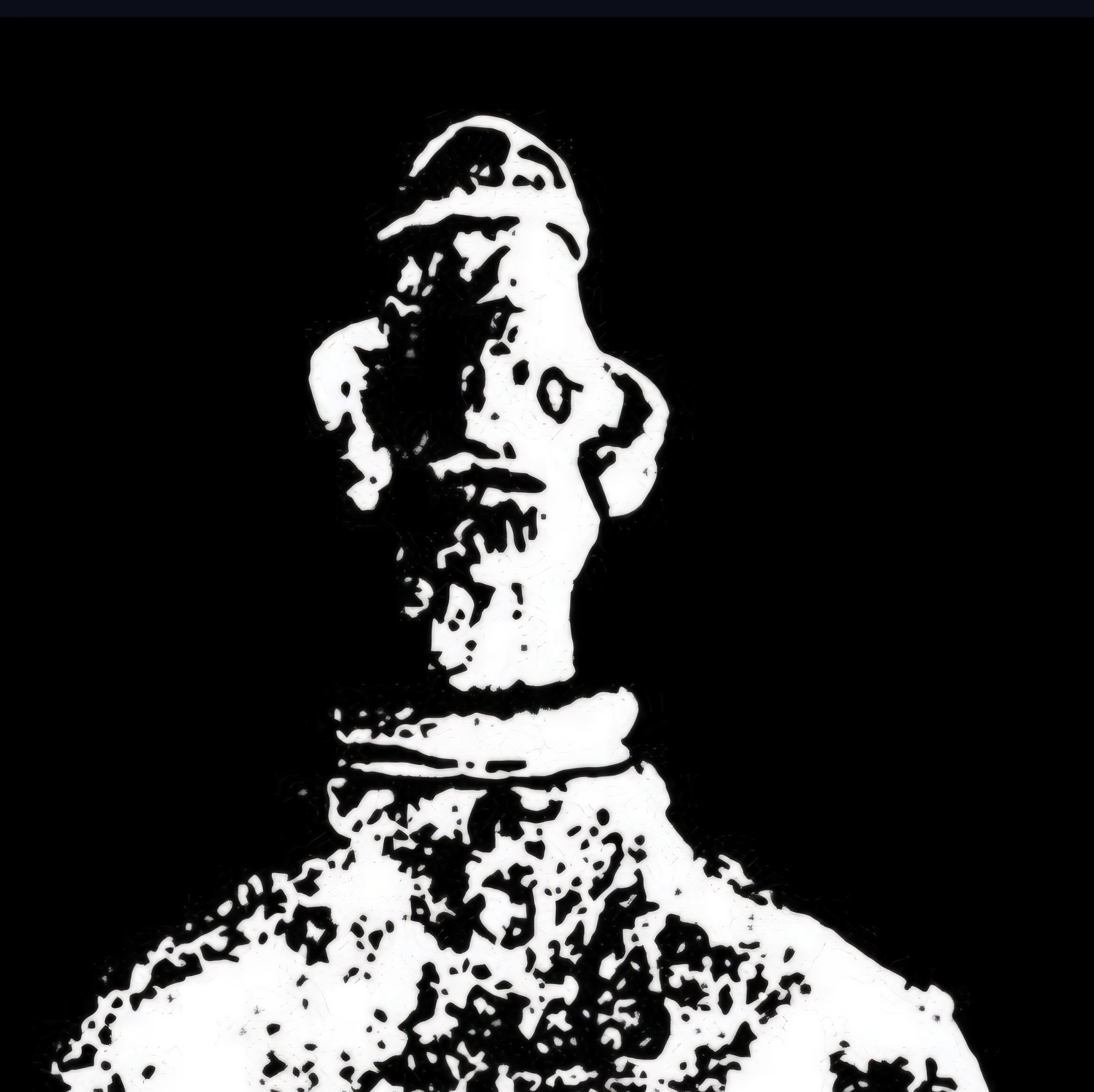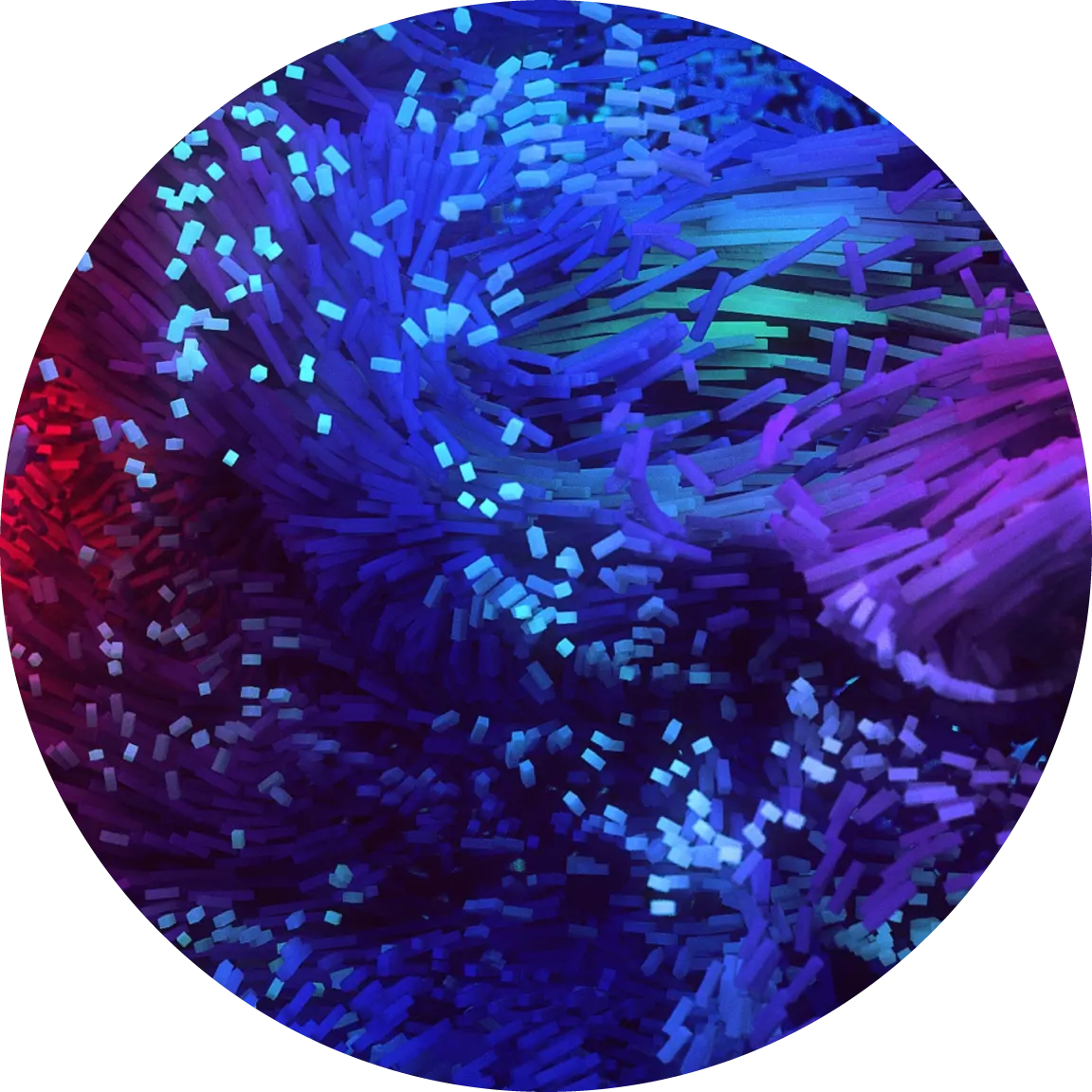I’m gonna make a list and hit the library
Carl Sagan - A Demon-Haunted World. Explains the key difference between a scientific vs religious mindset.
Unweaving the Rainbow by Richard Dawkins
The Demon-Haunted World by Carl Sagan and Ann Driyan
Read them when I was in my early 20s. Changed the way I see the world.
I was gonna read the selfish gene by Dawkins, but since it’s probably gonna be such a tough read, do you think your suggestion is a bit easier to digest?
Definitely. As a total layman in this kind of stuff, I believe I’ve read The Selfish Gene first, but at the time I was so eager to consume as much knowledge as possible in this subject, that I could maybe be misremembering all the effort and research it took for me to understand it. It’s a fascinating book, but more specific.
Imo, Unweaving the Rainbow has a much broader appeal and is much easier reading. They’re both very different books.
Not sure if they all fit entirely but:
- The Story Of Stuff (Annie Leonard)
- How The World Works (Noam Chomsky)
- Predictably Irrational: The Hidden Forces That Shape Our Decisions (Dan Ariely)
- The Hidden Brain (Shankar Vedantam) / Idiot Brain (Dean Burnett)
- The Myth Of Choice (Kent Greenfield) / The Paradox Of Choice (Barry Schwartz)
- The Free Will Delusion: How We Settled For The Illusion Of Morality (James B. Miles)
- Getting Free: Creating An Association Of Democratic Autonomous Neighborhoods (James Herod)
- The Best That Money Can’t Buy (Jacque Fresco)
- No Contest: The Case Against Competition (Alfie Kohn)
I’ve been meaning to start reading some Chomsky & Alfie Kohn! Both very revolutionary writers from the reviews I’ve been checking out
Predictably Irrational is really good.
I feel like I read Chomsky’s books at a key point in my life where I didn’t really get all of it but it primed me for later learning. Good list overall 👍🏼
The Dawn of Everything by David Graeber and David Wengrow.
Completely upended the way I look at how humans have organized ourselves and adjusted them periodically based on changes and advances in our environment and society. Shows that we are capable of taking the advancements we make that are beneficial and ridding ourselves of the negatives that emerge alongside them. Regardless of how big and difficult those shifts may seem
It was my 3rd Graeber book after Bullshit Jobs and Debt. Each worth a read!
Against the Grain
Internal Combustion
Sea People: The Puzzle of Polynesia
These all caused me to examine aspects of modern society that we usually just accept blindly
The Tao of Pooh, the Te of Piglet, and the Tao Te Ching.
A Short History of Nearly Everything, by Bill Bryson.
I loved Bryson’s travel books when I was a teenager, so when this history of science popped up I devoured it just based on author recognition alone.
Amazing book. No regrets. He’s just as hilarious as always.
I’d read it on my lunch break at my call centre job, and I remember reading about all these amazing scientific breakthroughs that happened mostly by accident, just because someone basically took an interest in the world around them. And what was I doing? Working in a call centre hassling people to do surveys?
Long story short the book helped steer me down a different path, one where I’ve learned interesting things and met fantastic people and, yes, generally taken an interest in the world around me.
It just made me realise what humanity can be, as cheesy as that sounds.
Of course, being a science book from 2003 I’m sure it’s now incredibly out of date. But I’d recommend it anyway, the author’s awe for the subject is timeless.
The Sun Does Shine - I was a supporter of the death penalty until I read this book. It totally rocked my world and I realized how totally wrong I was. There are evil people in this world, but I am not God and I don’t get to decide who lives and dies. Also, if there is even a small chance that someone was wrongly convicted, we can not kill them - we make ourselves murderers.
Really this book made me rethink my entire view on systematic racism, the prison system, and the death penalty.
deleted by creator
Gotta be “Confessions of an Economic Hitman”
When I was about 12, my father brought from the airbase thrift shop two books of the “Tell me why” series. It blew my mind knowing how stuff, iI never paid attention to, worked.
From then on I knew that there was an explanation for almost everything, it just required looking for the right book :-)
This has been my entire life only with Google. People always ask me why I know so much about so many things, but it’s really all just surface level knowledge. There’s an answer for just about every question you can have, so why not find it?
“The History of the Protestant Reformation in England and Ireland” by William Cobbett.
A People’s History of The United States, Howard Zinn
The Myth of Sisyphus, Albert Camus
A Short History of Decay, E. M. Cioran
The Book: On the Taboo Against Knowing Who You Are, Alan Watts
Discipline and Punish, Michel Foucault
The Selfish Gene, Richard Dawkins
How Emotions Are Made, Lisa Feldman Barrett
The Conspiracy Against the Human Race: A Contrivance of Horror (2010) by Thomas Ligotti was referenced heavily in writing Rust Cohle’s character in True Detective season one. After falling in love with the series, I picked up the book and… wow. If you’re into some misanthropic nihilism written by a succinct fiction author and not an unnecessarily verbose philosopher, it’s a good read.
Currently also reading Kill All Normies: Online Culture Wars from 4chan and Tumblr to Trump and the Alt-Right (2017) by Angela Nagle. I just started last night but it’s changed a lot about how I see the current alt-right, where they came from, and how to effectively counter their arguments (and why conventional counterarguments don’t work).
Immune by Philipp Dettmer. Made me appreciate my body and immune system


